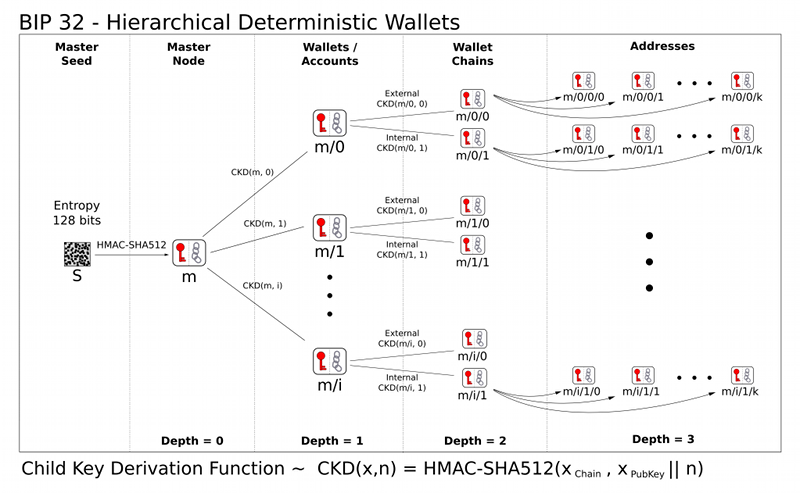I noticed that Electrum seeds are 13 words long if the wallet has been created by Electrum but if I used a random hex string to create the wallet it always was 24 words long.
So before I wrote this question, I wasn't quite sure that I remembered the number of words when using a random hex string correctly. I typed down some 32 hex digits and created the wallet. Note that for this I didn't use a source of randomness. Instead, I just thought of hex digits and typed them in. To my surprise, the seed only was 12 words long. I then sha256summed my desktop wallpaper to get a more random 32 digit hex number and was back to 24 words as a seed just like when I did a few experiments some days ago using xxd in combination with /dev/urandom.
So why the different lengths? Clearly, I'm a very poor source of entropy. So Electrum might have compressed the hex number I gave it down. But why are seeds of wallets generated by Electrum only 13 words long whereas wallets created using random 32 digit hex numbers are 24 words long? Shouldn't Electrum use a good source of entropy? Maybe even /dev/random instead of /dev/urandom xored with some stuff it finds itself and therefore create wallets with a 24 words seed?
I don't even see how 13 words are enough to encode a 32 digit hex number. You'd need to encode 256 bit / 13 = 19.69 bit in every word, so you'd need at least 2^19.69 words = 847'180 words. (If you get a different result, use the exact intermediate result.) The English language has 1'025'110 words which would be enough but that's counting words like "pneumonoultramicroscopicsilicovolcanoconiosis". Electrum only uses very basic English words of which there aren't nearly as many as 847'180.
How does Electrum even create several addresses from a single 32 digit hex number? The wallet import format this website generates if I enter the hash of my wallpaper doesn't match any of the private keys in the Electrum wallet. I'd expect the first private key to be the one generated from the 32 digit hex number I entered and all others to be generated using a deterministic key derivation algorithm.

